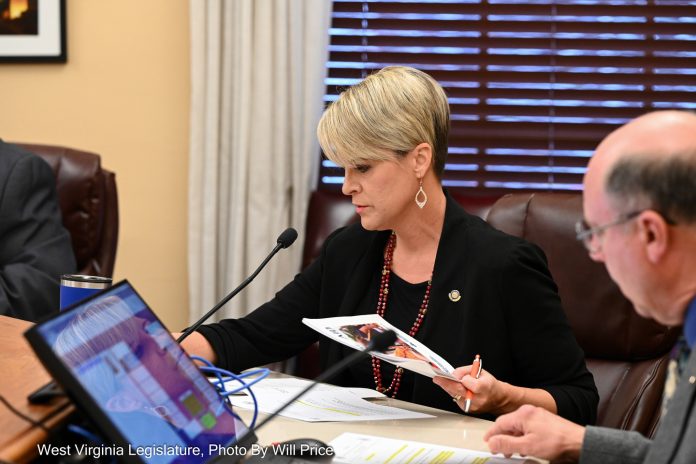The Legislative Oversight Commission on Education Accountability met this afternoon.
The committee heard an update of the Free Application for Federal Student Aid (FAFSA) form. FAFSA forms must be completed to unlock federal aid and most state aid for secondary education. FAFSA used to be several pages long, and request information that was difficult to find, especially for students in foster care, living with grandparents, etc. The form has been simplified to a postcard-size form. Ultimately, parents and students will be able to import tax information into FAFSA. These new forms were supposed to be available in 2022, however, that did not happen. The date was then pushed to October 2023 and it’s still not available. By law, the federal government must have this form available by December 31, 2023. Usually, students are able to begin filling out FAFSA in October. No one knows exactly what the new FAFSA form will look like or request. In November, the HEPC hosted 9 FAFSA workshops and at each, a different form was reviewed. HEPC and CTCC expect students, parents, and counselors to have lots of questions about the new FAFSA for this first year. To help with this, there are 56 FAFSA workshops scheduled in January and February. State deadlines for financial aid are also being pushed back to compensate for the delay.
The 2023 Comprehensive Financial Aid Report was provided. A report on HB3035 implementation was also provided. New assessments will be taken this month or next month and data from those assessments is due by January 31. The State Department of Education has provided resources about the Third Grade Access Act online.
A report on harassment, intimidation, and bullying revealed of the 156,235 discipline referrals this year, 2.4 percent were harassment intimidation, and bullying referrals. The grade with the most referrals was 7th grade, with grades 6th through 8th accounting for 7 of every 10 referrals. Most referrals were for a single offense. However, students being referred for harassment, intimidation or bullying also had other types of discipline referrals. Black students were 2.5 times more likely to receive a referral and multiracial students were 1.5 times more likely to receive a referral.
Another report provided was on safety and security measures in schools. In WV, 299 schools do not have safe school entries. There are 90 schools that do not have numbers outside of doors, however, this number is expected to decrease. Weapon detection is at 54 schools. Full-time resource officers are at 107 schools and part-time resource officers are at 94 schools. There are 319 schools in need of resource officers.

